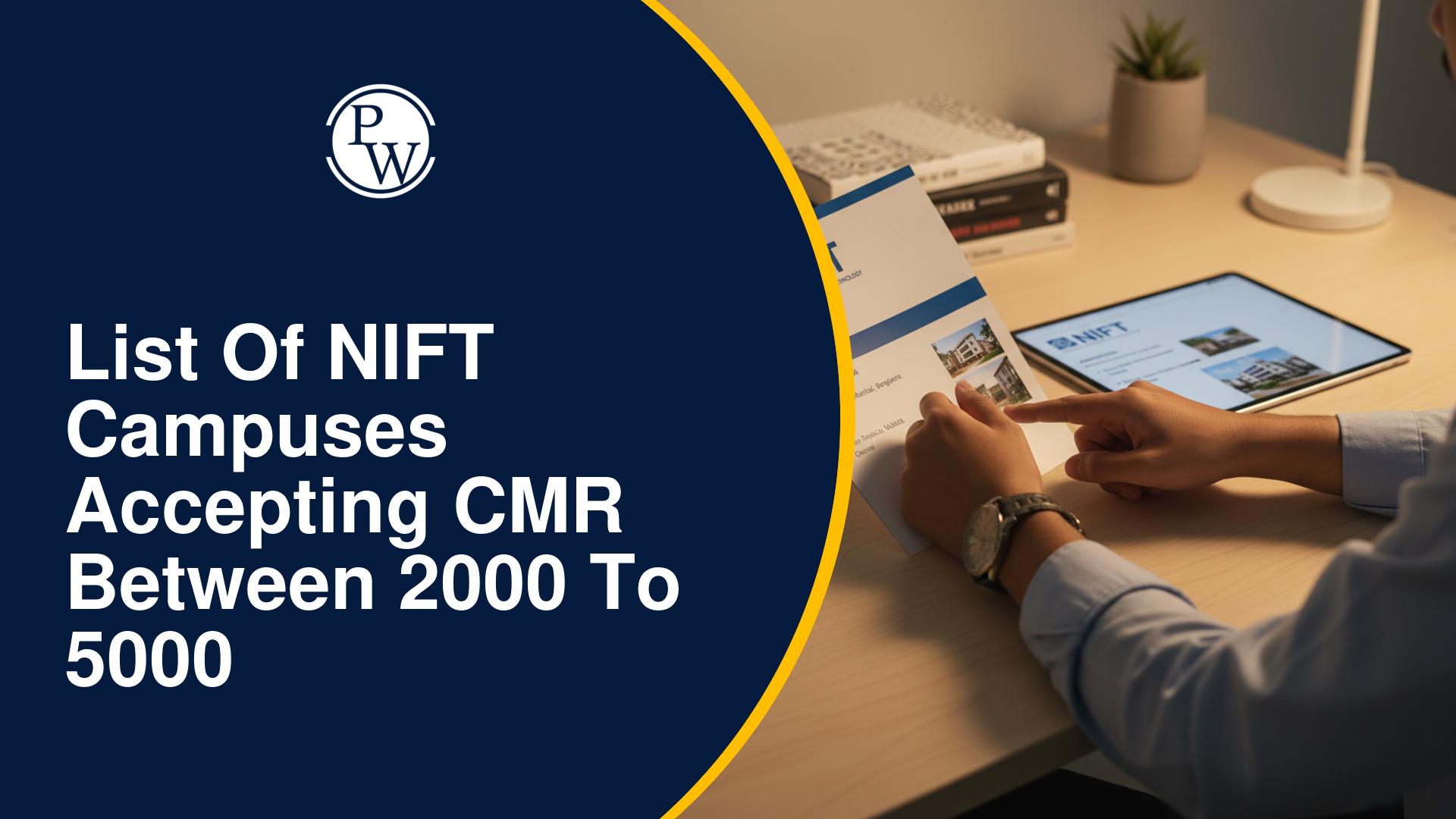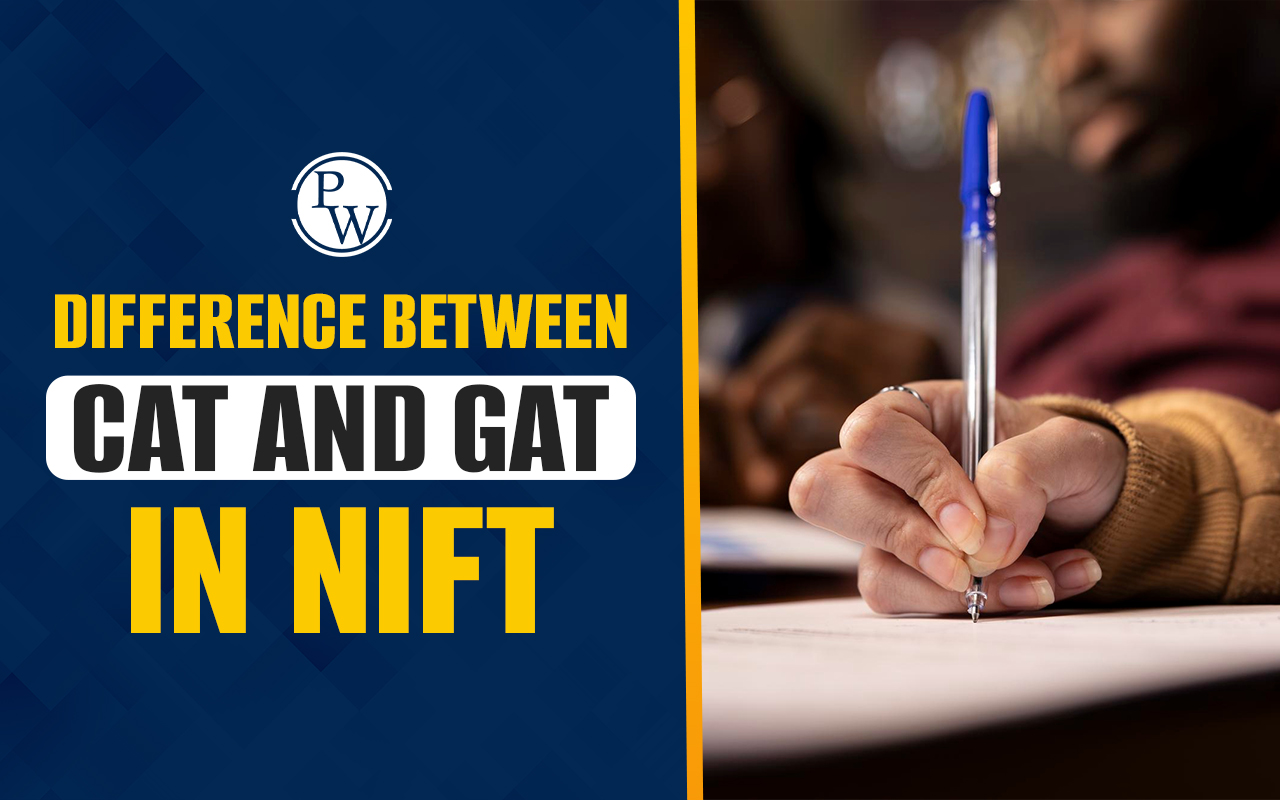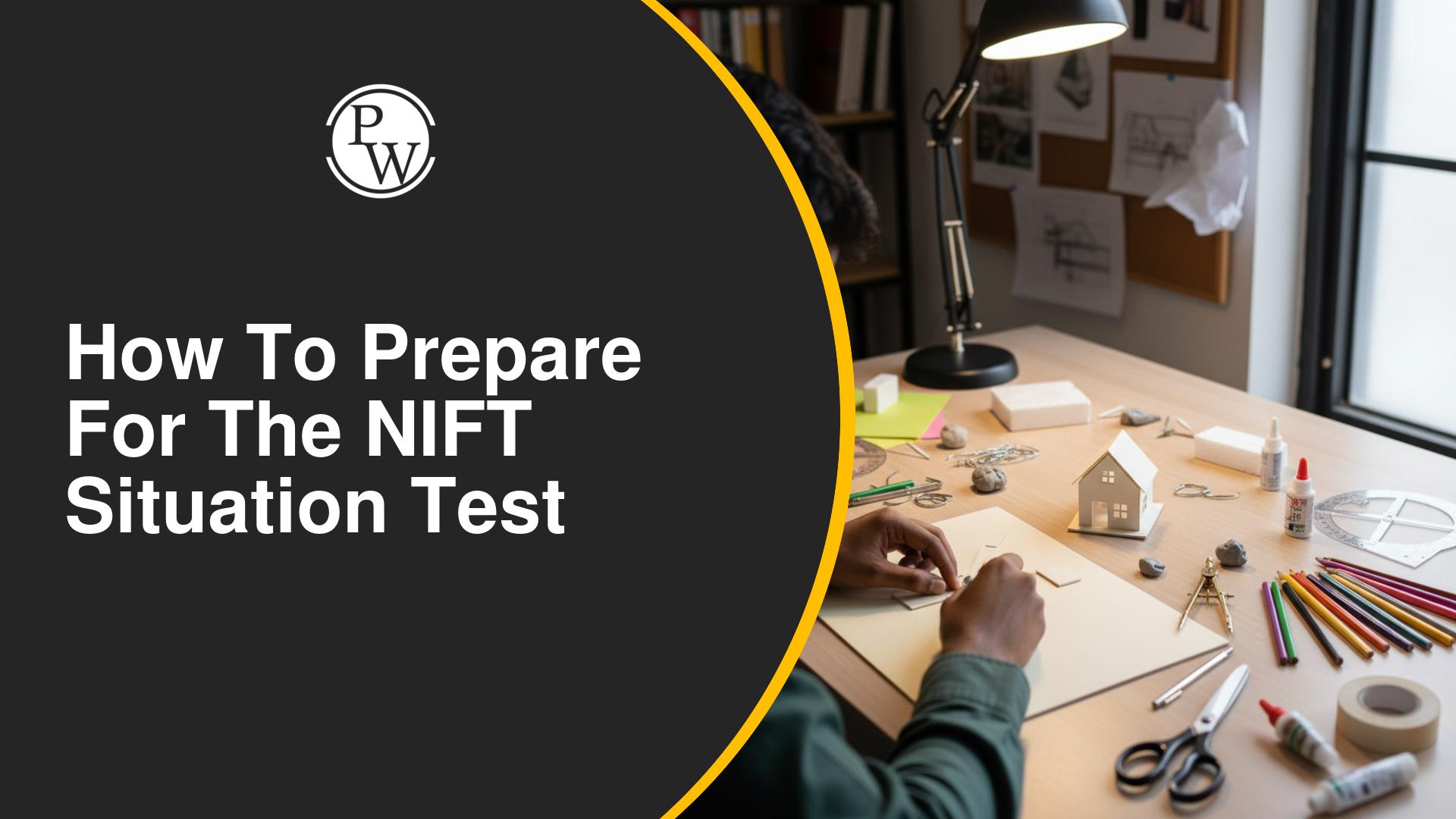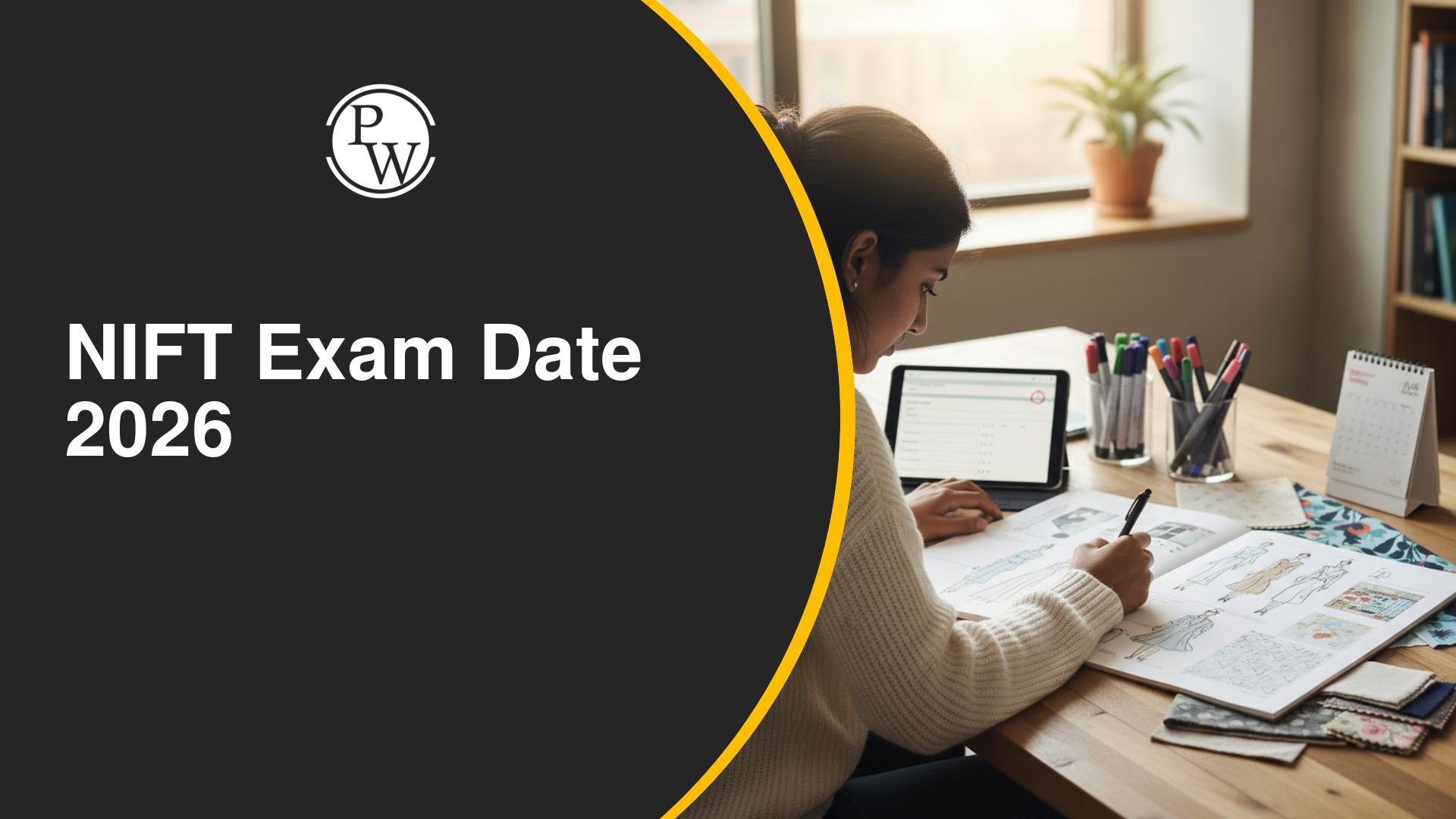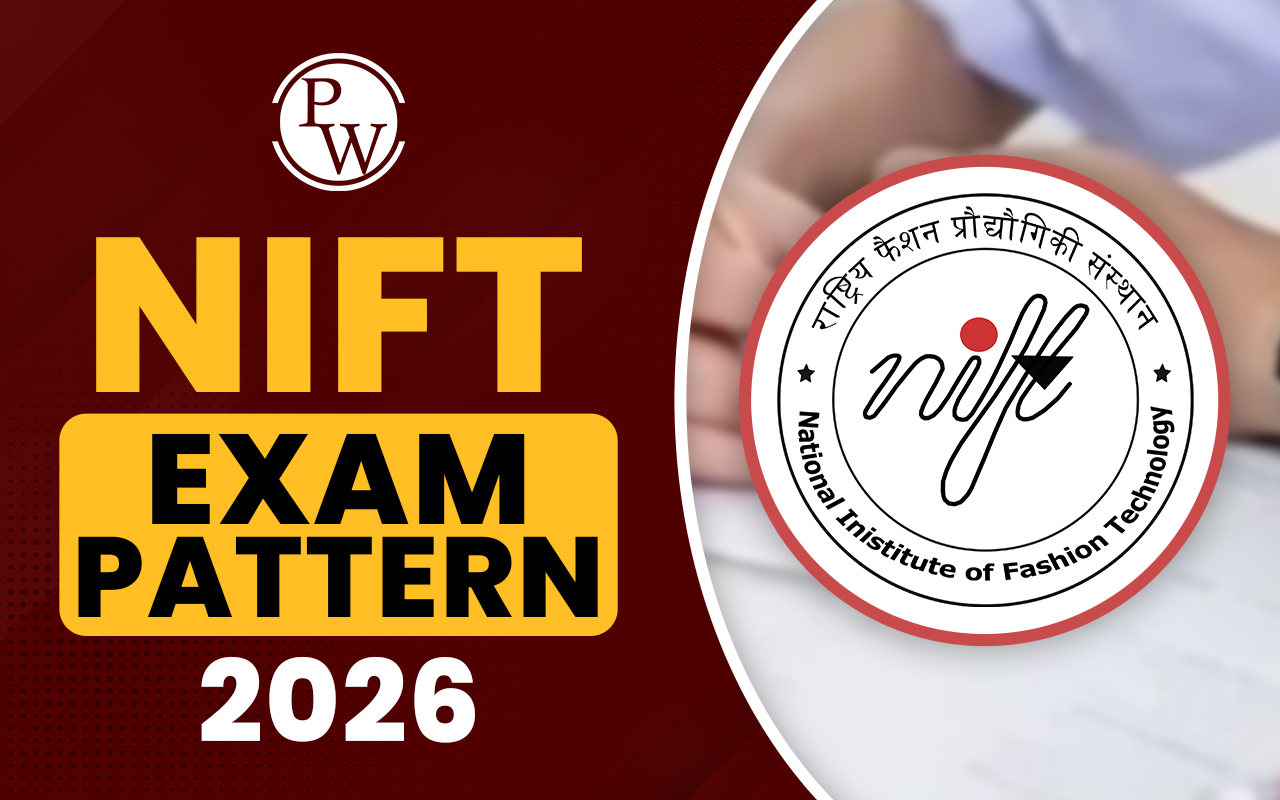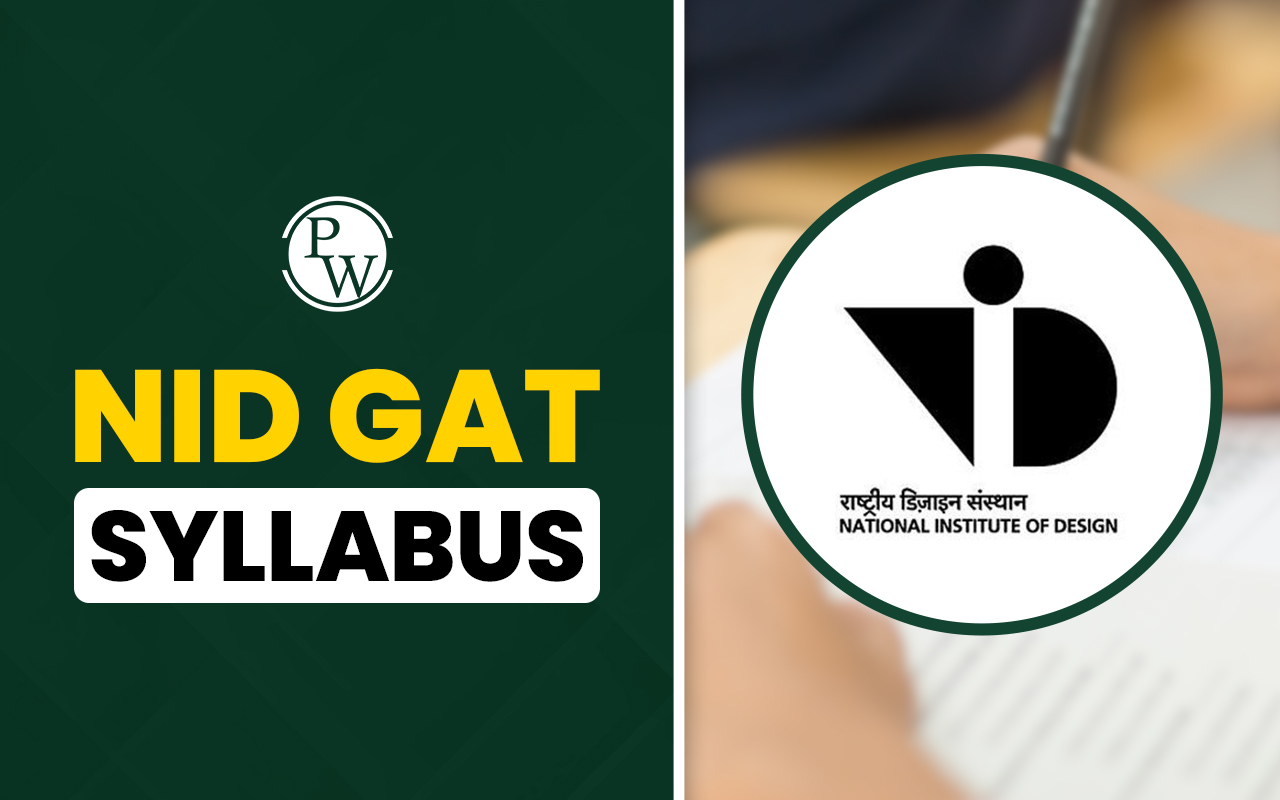
SEED Syllabus 2026 FAQs
What topics are covered in SEED syllabus 2026?
SEED syllabus 2026 covers topics such as visualisation, observational, perceptual, and reasoning abilities, creative and problem-solving abilities, application of basic knowledge of science and mathematics (up to class 10), and awareness of art, craft, culture, design, and environment.
Is the SEED syllabus available for download?
Yes, the Symbiosis Institute of Design (SID) provides SEED syllabus PDF on the official website. Candidates can download the syllabus brochure and start their preparation.
What is included in the Visualisation section of SEED 2026?
SEED visualization section includes questions that test your ability to understand and work with simple and complex 2D & 3D geometric shapes, their transformations, and spatial relationships using pictorial and geometric forms.
What kind of Science and Mathematics questions are asked?
Questions asked in SEED Maths and Science sections include real-life applications of concepts from science and mathematics learned until class 10, especially how they apply to design and daily activities.
How to cover SEED syllabus 2026?
Understanding the detailed SEED 2026 syllabus allows you to structure your studies. Focus on relevant topics. Organize your study plan to focus on each section, use sample papers and mock tests for practice, and regularly review concepts to strengthen both your conceptual knowledge and problem-solving abilities.
Talk to a counsellorHave doubts? Our support team will be happy to assist you!

Check out these Related Articles
Free Learning Resources
PW Books
Notes (Class 10-12)
PW Study Materials
Notes (Class 6-9)
Ncert Solutions
Govt Exams
Class 6th to 12th Online Courses
Govt Job Exams Courses
UPSC Coaching
Defence Exam Coaching
Gate Exam Coaching
Other Exams
Know about Physics Wallah
Physics Wallah is an Indian edtech platform that provides accessible & comprehensive learning experiences to students from Class 6th to postgraduate level. We also provide extensive NCERT solutions, sample paper, NEET, JEE Mains, BITSAT previous year papers & more such resources to students. Physics Wallah also caters to over 3.5 million registered students and over 78 lakh+ Youtube subscribers with 4.8 rating on its app.
We Stand Out because
We provide students with intensive courses with India’s qualified & experienced faculties & mentors. PW strives to make the learning experience comprehensive and accessible for students of all sections of society. We believe in empowering every single student who couldn't dream of a good career in engineering and medical field earlier.
Our Key Focus Areas
Physics Wallah's main focus is to make the learning experience as economical as possible for all students. With our affordable courses like Lakshya, Udaan and Arjuna and many others, we have been able to provide a platform for lakhs of aspirants. From providing Chemistry, Maths, Physics formula to giving e-books of eminent authors like RD Sharma, RS Aggarwal and Lakhmir Singh, PW focuses on every single student's need for preparation.
What Makes Us Different
Physics Wallah strives to develop a comprehensive pedagogical structure for students, where they get a state-of-the-art learning experience with study material and resources. Apart from catering students preparing for JEE Mains and NEET, PW also provides study material for each state board like Uttar Pradesh, Bihar, and others
Copyright © 2026 Physicswallah Limited All rights reserved.



